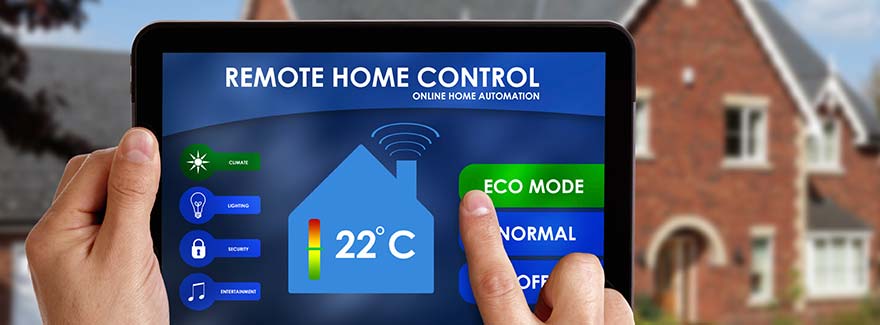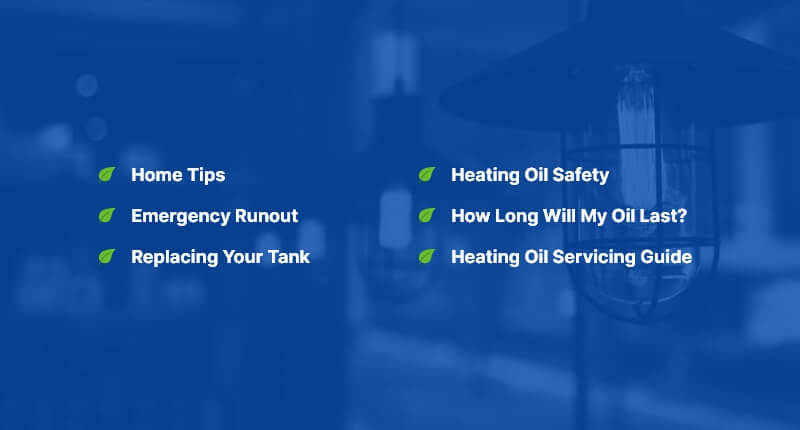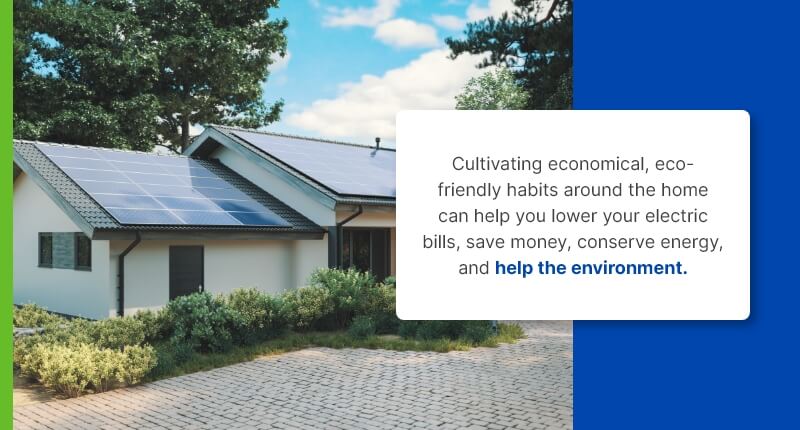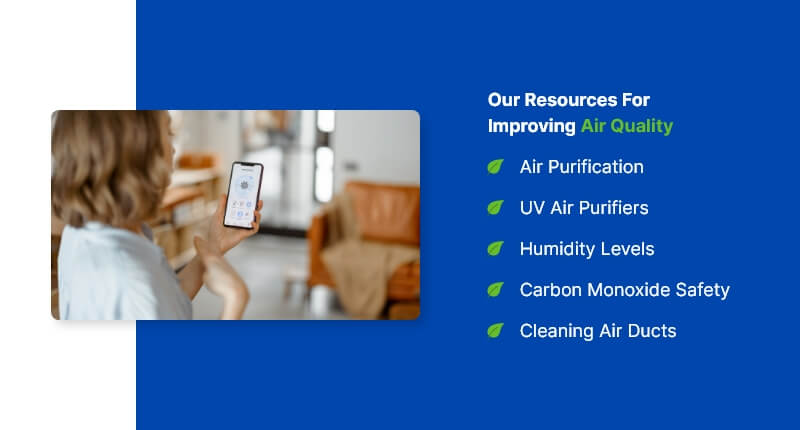

Buying a new home is a daunting task with many decisions and things to do. On that new home checklist, you will have to figure out utilities and energy sources. These are high-priority items that tend to be complicated and can cause headaches if it is your first home.
Let Shipley Energy help you check utilities and energy sources off your list with our homeowner’s guide that covers utilities, HVAC units, seasonality factors, and more.
Being a new homeowner is hard work. Whether you’re new to the world of homeownership or have owned your home for years, we’ve put together several guides to help you make the best choices.
Resources:
If you’re moving soon, you need to take care of a few to-do list items before moving day. You will want to estimate utility costs, set up utilities in a new home, and transfer utilities in your name. Check out our list of resources to learn everything you need to know!
Resources:
Without electricity, you won’t be able to binge-watch any shows and will be eating dinner by candlelight.
Before signing up with any company, it’s important to know the difference between a utility company and an electric provider. Understanding your bill is vital as well so you know when you are paying too much and need to implement some ways to lower it or switch providers. If you need to switch providers, when is the best time? What do you do if there is a power outage?
Check out our list of resources to find the answer to these questions and learn everything you need to know about electricity before your big move.
Resources:
Gas is another important utility to plan before moving, and we are not talking about the gas that you put in your car. Do not know where to start with natural gas?
Learn how to choose the right natural gas supplier and some safety tips to be aware of. If you are not new to natural gas, learn how to cut costs and save. Additionally, if you need to switch providers, then learn how to make this transition smooth before your next move.
Resources:
If your home runs on natural gas, that gas is supplied by a utility. In states where natural gas is deregulated, you can select a supplier. You can use a government shopping site to find available suppliers in your area.
On these sites, you can choose a plan that works for you based on the plan’s price and other terms. Overall, natural gas is a cost-effective and safe fuel source for heating your home.
You can use natural gas to power appliances, including your furnace, oven, dryer, and water heater. If you run your furnace with natural gas, you should get yearly inspections to keep it operating safely.
Homeowners who use natural gas should watch out for a rotten egg smell, as this could indicate a leak in your gas lines. If you smell natural gas in your home, ensure everyone inside leaves and call your gas company. When replacing or installing appliances, be especially careful to avoid natural gas leaks.
You can convert to natural gas from another fuel source with the correct preparation.
Natural gas is a naturally occurring substance extracted from the earth. It produces greenhouse gases when burned, and natural gas makes up about 3% of the USA’s total greenhouse gas emissions.
Some companies offer carbon-neutral natural gas, which simply means they’ve offset balanced the emissions your gas will produce through verified carbon offset projects.
If you have more questions about using natural gas for your home or want to switch your energy source, contact us online or call 1-800-839-1849 to speak with an energy advisor today.
Heating your new home is a must, especially if you plan on moving into your new home in the dead of winter.
If your new home is going to be heated through heating oil, check out our comprehensive resources. We provide you with tips when buying a home with heating oil, safety tips, and what happens if you run out of heating oil in your tank.
Our resources also cover maintenance information like how to know when your heating oil tank needs to be replaced, how often you should service your furnace, and how long your oil will last.

Resources:
Already familiar with heating oil, but need a new provider for your new home? There are many heating oil companies out there, so it’s just a matter of finding the best one for your home. To do that, you have to know how to choose a heating oil company.
Check out our guide for things to consider when choosing a heating oil provider.
Resource:
Want to fuel your home with propane, but do not know where to start? We have all the resources you need!
Check out how to convert your home to propane heat, some appliances that use propane, the difference between leasing and buying a propane tank, and how long will your propane last.
Resources:
Whether you’re moving into a new house that uses propane or simply want to make a change, choosing a propane service provider can feel high stakes. Shipley Energy is here to help make selecting a propane provider easy.
Check out our resource that covers questions you should ask when choosing a provider and why you would need to switch to a different provider.
Resources:

Cultivating economical, eco-friendly habits around the home can help you lower your electric bills, save money, conserve energy, and help the environment. All good things but where do you start? Shipley Energy has the resources you need.
We have a comprehensive and general guide on energy efficiency tips for your entire home. Additionally, we have resources that break it down to energy-star appliances and high-efficiency furnaces. Check them out below!
Resources:
Transitioning from conventional energy (oil and gas) to renewable energy is a great way to cut down on energy costs and reduce your carbon footprint. This does not sound easy, but we have the resources to help. We dive into green power, where it comes from, and if it’s right for your home. Additionally, we explore ways for you to reduce your carbon footprint and explain the difference between sustainable and renewable energy. Learn more below!
Resources:
Having a reliable and efficient HVAC unit is critical to any new home as the summers are hot and the winters are cold. Shipley Energy has you covered with everything you need to know in this HVAC guide and complementary resources.
In the mid-Atlantic where summers are long, hot, and humid, having the right air conditioner in your home is essential. If your air conditioner has been slowing down in recent years, consider getting an upgrade before the next sweltering summer hits. Possibly, you may not need a new unit and just need a tune-up or complete some repairs/maintenance on your own.
Check out our resources below to learn everything you need to know about air conditioning before the weather starts heating up.
Resources:
Your furnace is the heartbeat of your home in the winter, heating it up and keeping you warm. When do you know it’s time to get yours replaced before it’s too late and you are in an icebox in December?
Check out our resources below to find out this answer and also some furnace efficiency tips and if an annual furnace inspection is necessary for you.
Resources:

Moving into your new home will be a clean and fresh start. What you also want to be clean and fresh is the air you are breathing. Want to ensure your new home has top-notch air quality?
Check out our resources that dive into different types of air purification, humidity levels in your home, carbon monoxide safety, and everything you need to know about cleaning air ducts.
Resources:
You might assume your home’s tap water is safe to drink and use, but that’s not always the case. The tiny molecules and chemicals that can pose a safety risk are often impossible to see, taste, or smell. You can never underestimate the importance of water quality in your home. Learn more about water quality and testing with our resource below.
Resource:
As the weather changes with the seasons, so do your home’s energy needs. Check out home tips for each of the four seasons below.
Temperatures are rising and it’s definitely time to start thinking about turning on the AC. With your system lying dormant for six months, there are a few things that can be easily done to ensure that your air conditioner is running properly and can be relied on all summer. However, you do not need to worry about your air conditioner or other electronic appliances while you are on a vacation.
Check out our resources below that cover how to save electricity while on vacation and how to prep your air conditioner for the summer.
Resources:

Fall is the season of beautiful colors, warm drinks, and festive holidays. It’s also the best season to evaluate your home’s energy efficiency. A few fall energy-saving tips and tricks can help you keep costs at a minimum while benefiting your home in other ways. Learn more about the top energy-saving tips that are simple and inexpensive in the resource below.
Resource:
When outdoor temperatures start plummeting and colder weather sets in, it’s time to turn on the heat. Before winter starts, make sure you prepare your heating oil or propane system and know how to prevent your pipes from freezing. Learn these things and some energy-saving tips with our resources below.
Resources:
In your spring cleaning checklist, add HVAC units and home energy systems to your list. A spring home energy checklist can help you accomplish everything you need to do to have an efficient home. Check out our home energy checklist to get your house and HVAC unit ready for spring.
Resources: